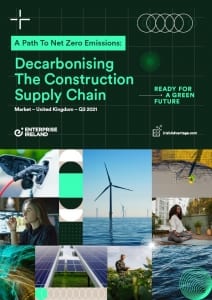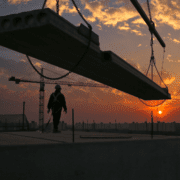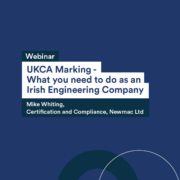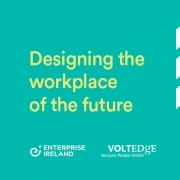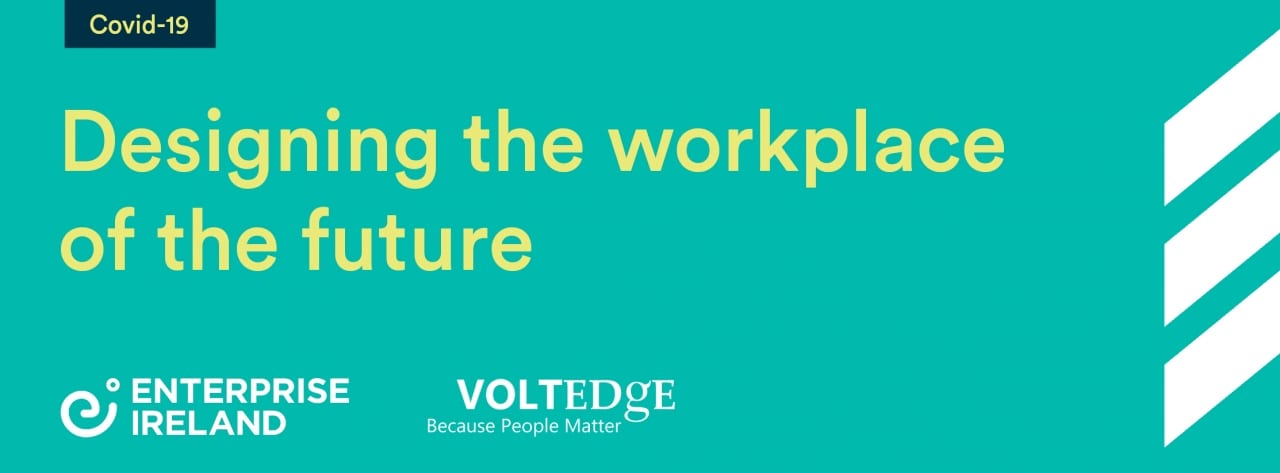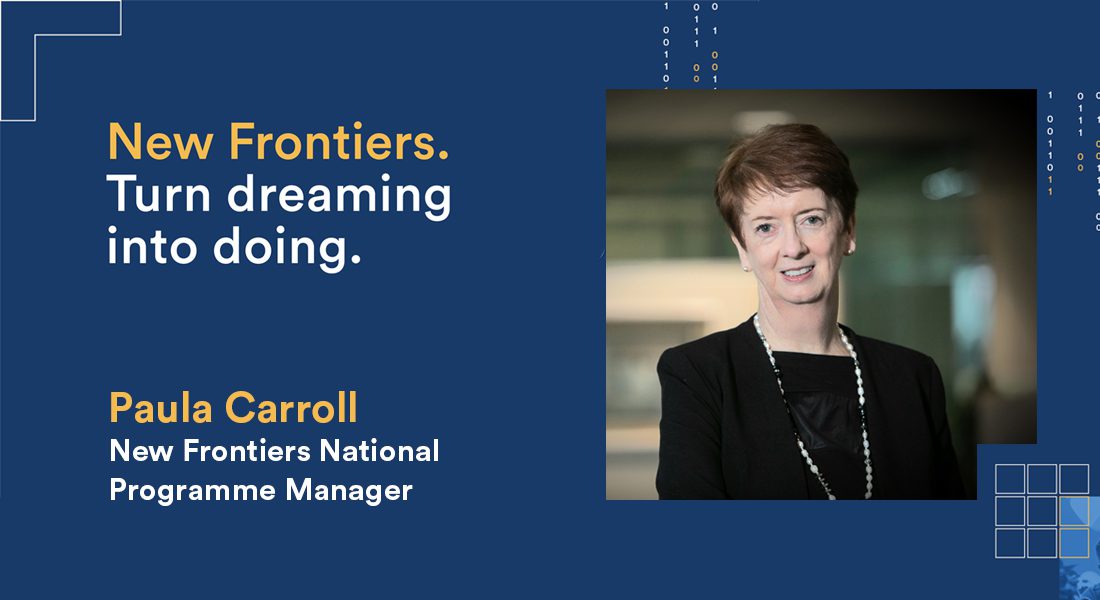Ireland has been a major destination for data centre development since the 90s, when US tech giants all started to base their data centres on the island, attracted by skilled workforce, climate, advanced infrastructure, and a low tax rate. This also created a platform for Irish construction companies to work on major data centre projects both domestically and abroad.
All European markets have experienced a boom in data centre ventures. Today this is particularly apparent in Spain and Italy, with both Madrid and Milan fast becoming major destinations in Europe for the development of data centres.
“Milan and Madrid have been considered part of the so-called European data centre secondary market, but nowadays this definition should be considered somehow dated, due to the faster growth in terms of capacity of these two markets compared the FLAP-D (Frankfurt, London, Amsterdam, Frankfurt, Paris, and Dublin)”, says Roberto Bettuzzi, Senior Market Advisor, Italy, at Enterprise Ireland. “It’s also worth noting that the two markets are complementing each other rather than competing”.
Growth in Spain
Currently, there are 80 active data centres in Spain, with a total of 113MW. The largest area of capacity is in Madrid and its surrounds; and current pipeline predicts capacity to increase fivefold across 14 projects. Barcelona is also experiencing growth in the sector, with projects totalling 110MW capacity in the pipeline.
According to Spanish business newspaper Cinco Días, the expected investment in the data centre sector in Spain is $6.837 billion until 2026. Reflecting the growing relevance of the local market, the Spanish Data Centre Association (SPAINDC) was set up in October 2021.
Several hyperscale and co-location operators are developing centre centres in Spain – or planning to. The list includes Amazon, Microsoft, Meta & IBM, Digital Realty and Equinix. Google has launched a cloud region in Spain with Telefonica. This led several Irish general contractors and subcontractors to bid and win contracts to work in many of these projects.
Growth in Italy
Italy is also enjoying strong growth. Lombardy is the most developed Italian region in the data centre sector, sustained by the strong financial sector located in Milan and high demand for cloud services from business and consumer sectors.
Currently, there are approximately 120 data centres in Italy, with a capacity of 151MW, and an additional 33MW under construction that should cover the growing demand. New developments are set to boost the capacity by more than 60%.
The area around Milan sees a higher concentration. Microsoft, AWS, Data4, Equinix and Vantage all have data centre projects either announced or under completion. The latest to join was Google, who recently announced the launch of Milano Cloud Region, in partnership with national telco operator TIM. Among local players, the company Aruba is expanding its 200,000sqm campus near Bergamo, while RaiWay announced their plan to build a network of 20 edge data centres across the country.
Many large Irish companies are already operating in Italy, including General Contractors like Mercury and Kirby Engineering, and suppliers like Brodeen Fabrication. “Irish companies have long-term experience in working with tech giants in the design, build, and fit out of data centres,” says Roberto, “and therefore when those clients enter into a new market like Italy, they tend to bring that cluster of successful Irish companies in too.”
A prosperous future
With such growth forecasted over the next few years in both countries, there’s plenty of room for more ambitious Irish businesses to enter the sector.
“For over two decades, thanks to their expertise, Irish construction companies continuously won significant contracts outside Ireland. Now, with the adoption of cloud services booming in both Italy and Spain and operators investing to meet the increasing demand, Irish companies are here to seize the opportunities,” explains Roberto.”
“2020 saw a boom in projects and 2021 confirmed the trend. 2022 sees a consolidation of the ecosystem, with the creation of local data centre associations and the hosting of prominent events related to the sector.
Enterprise Ireland’s active role
In May 2022, Enterprise Ireland led a trade mission to Madrid, bringing 13 companies in the high-tech construction sector to participate in the Madrid Platform, where the client had one-to-one meetings with Spanish and Latin American buyers in the construction sector. Besides, on the same days, EI Madrid co-hosted a networking event together with SPAINDC Association.
“The event was extremely successful,” says María Jiménez, Market Advisor for Spain and Portugal at Enterprise Ireland. “During the week the Irish client companies had the opportunity to network with all major players in the sector. We are already seeing real results from the event.”
Similar events are coming to Italy too. In May 2022, Milan hosted DCN – Data Centre Nation, the first business-oriented data centre event of its kind in the country. The huge success of the event proved how needed was such a platform where the players can meet, network, and build relationships. “In 2023 the event is set to get be even bigger” commented Roberto “and EI Milan is in a dialogue with the DCN organizers to get a more active role in this valuable networking event”.
Southern Europe is a location that Irish tech-construction companies should keep on their radar.
If you are interested in finding out more about the data centre opportunities in Italy and Spain, please contact Roberto Bettuzzi, Senior Market Advisor in Italy roberto.bettuzzi@enterprise-ireland.com, or María Jiménez, Market Advisor in Spain and Portugal Maria.Jimenez@enterprise-ireland.com

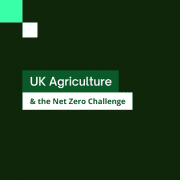



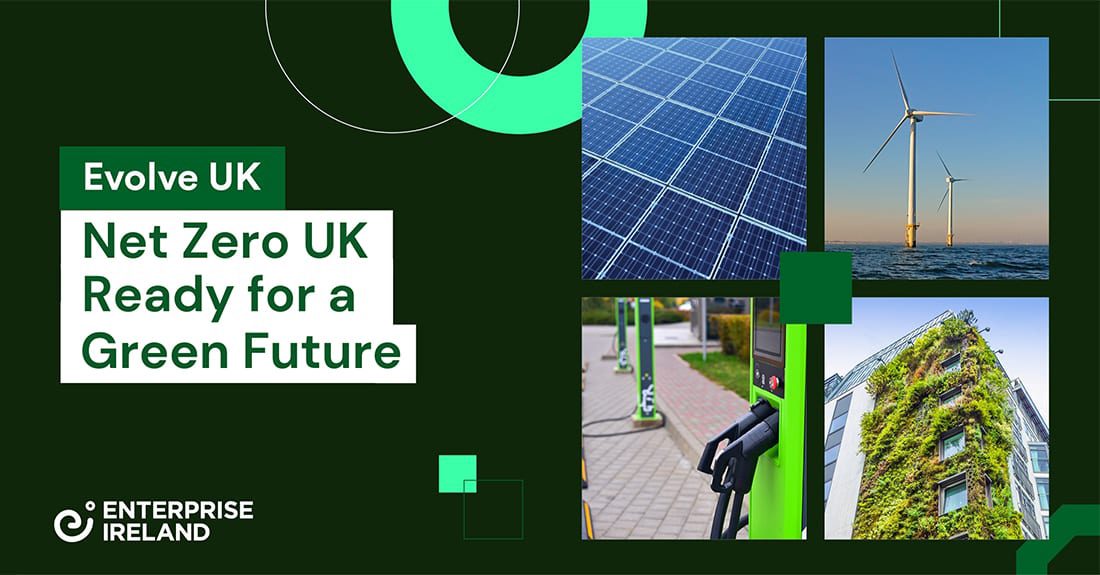

 The Level Project has its origins in
The Level Project has its origins in  However, achieving gender balance is very much a long-term plan for a lot of companies, especially those in industries that are traditionally male dominated. For example, Shannon-based
However, achieving gender balance is very much a long-term plan for a lot of companies, especially those in industries that are traditionally male dominated. For example, Shannon-based 
